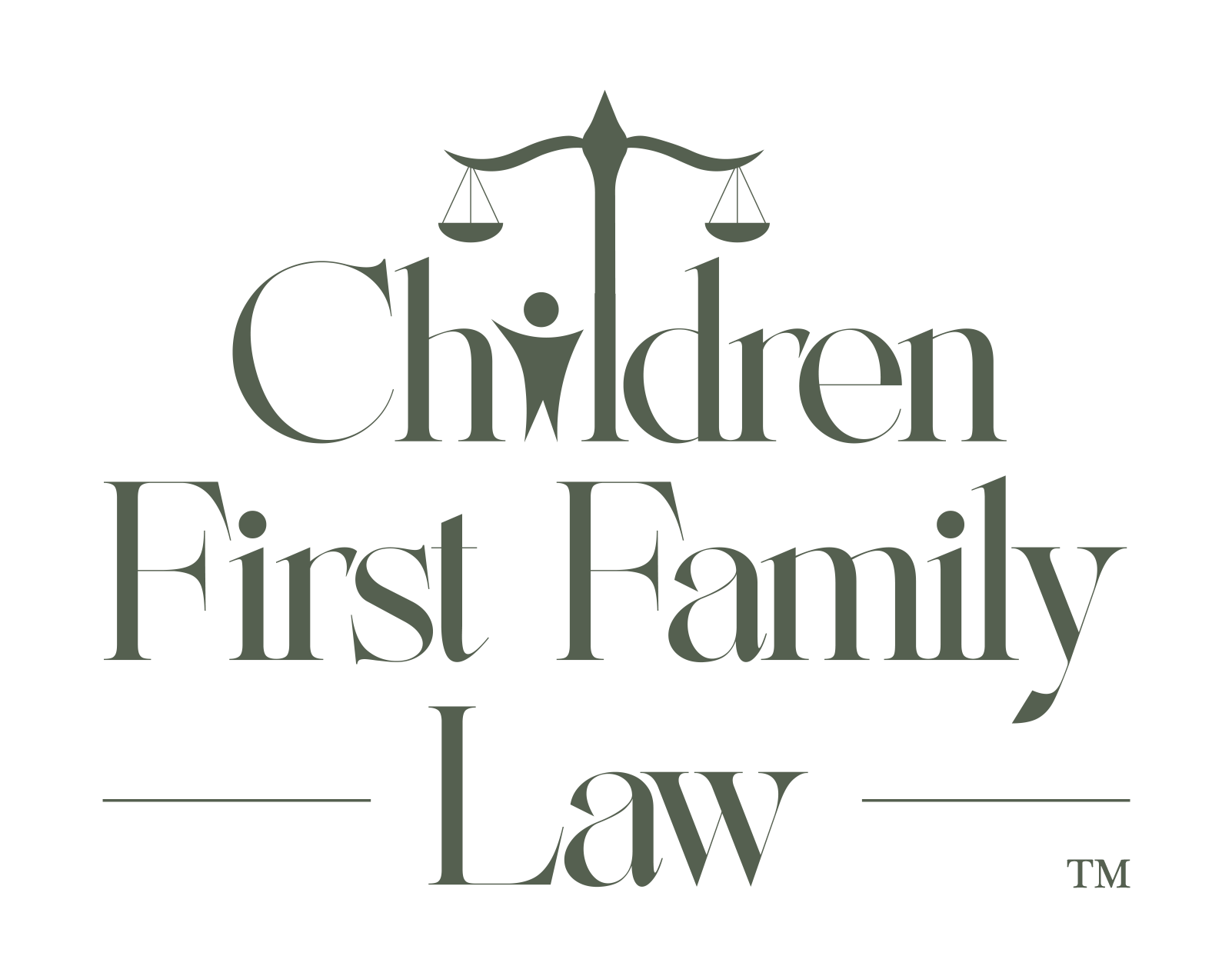Finding the right therapist for your child during a divorce can feel overwhelming, especially when emotions are high and the stakes are even higher. In this episode of Children First Family Law, Krista interviews Christy Bradshaw Schmidt, a licensed professional counselor and child custody expert from Texas, about how parents can make informed, thoughtful choices when selecting a therapist. With over 600 child custody evaluations, Christy brings considerable experience in helping families navigate the complexity of parenting plans, relocation, reunification, and other high-conflict family law matters. Her work emphasizes the need for therapists who understand the nuances of court-involved families and the unique boundaries required in these cases.
During their conversation, Krista and Christy delve into why therapeutic support is so often needed in custody evaluations and why many therapists lack the training to handle these delicate situations effectively. Christy shares advice for parents looking for qualified mental health professionals and discusses the importance of therapist neutrality and transparency when working with both parents. She also explains how her evaluation process works in cases involving strained parent-child relationships and underscores the need for more clinicians to step into this meaningful and impactful work.
During the episode, you’ll hear more about the following topics from Krista and Christy:
- Christy explains that most therapists are not trained in how to handle court-involved families, which leads to fear and avoidance of this work. That fear prevents many from gaining the experience needed to serve these families effectively.
- She stresses that nearly all child custody evaluations reveal a need for therapeutic support, but very few therapists are qualified or willing to provide it, creating a significant service gap.
- Parents can find appropriate mental health professionals by asking their family law attorney for referrals, looking at AFCC membership, and checking that therapists have training in trauma, court involvement, and family dynamics.
- Choosing the wrong therapist can do real harm, especially when they align with only one parent or fail to involve both. These therapists may unintentionally validate a one-sided narrative, which can worsen court outcomes and damage children’s experiences with therapy.
- Basic therapy training often overlooks the realities of high-conflict family systems and the demands of working in legal settings. Christy shares that many therapists, particularly those on insurance panels, claim to work with court-involved families but lack the skills and structure to do it safely.
- Therapists who want to work with these families must pursue specialized education, attend AFCC conferences, and be open to mentorship and professional collaboration. Experience, transparency, and alignment with best practices are necessary.
- Therapists play a role in helping parents understand how to foster trust, even in high-conflict co-parenting. Christy highlights supporting parents in teaching their children coping skills and maintaining parent-child relationships whenever possible.
- Testimony is often necessary for mental health professionals working in family law. Christy encourages therapists not to fear the stand but approach it with preparation and transparency, seeing their role as educating the court.
- Recent rule changes in Texas have helped protect therapists from professional complaints during active litigation if they work under a court order. This has made more professionals open to participating in this critical field.
- Christy encourages more mental health professionals to pursue family law as a career path. Despite the challenges, the work can be rewarding and impactful, offering a meaningful way to help families heal and thrive post-divorce.
Navigating a divorce is messy and emotional work, and a therapist trained in helping families flourish post-divorce can make a tremendous difference in co-parenting dynamics.
If you want to learn more about The Children First Family Law Podcast, check out www.childrenfirstfamilylaw.com/choosing-your-childs-therapist-with-child-custody-expert-lpc-christy-bradshaw-schmidt.
